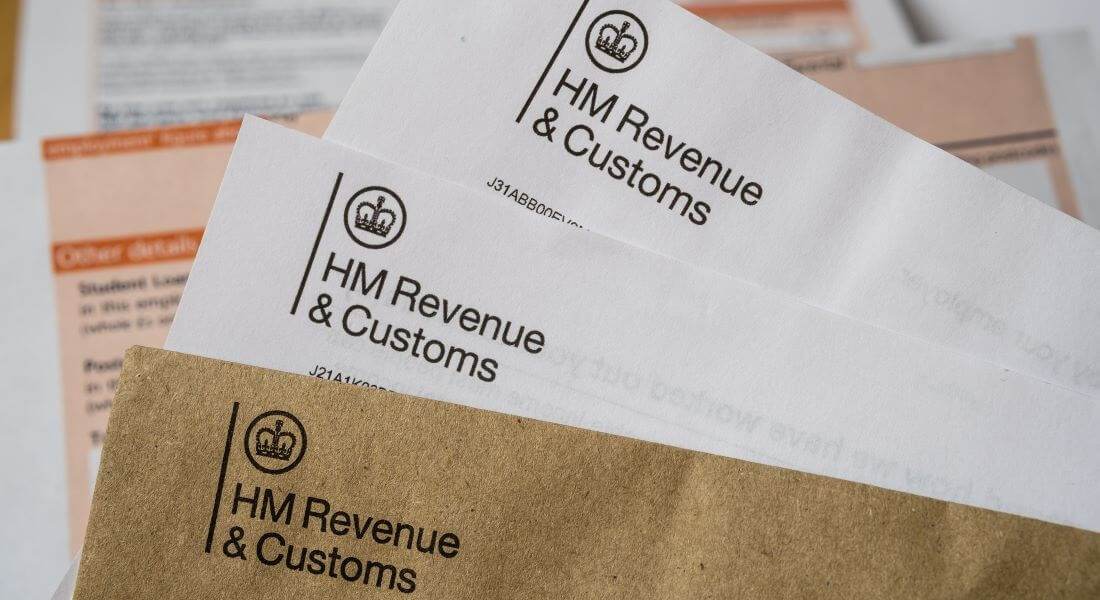Nudge letters
- Fast becoming one of HMRC’s most common method of communication, this is where a standard communication is sent to many taxpayers who HMRC believes may have a tax issue to disclose, based on specific information they hold.
- Nudge letters are much more cost effective for HMRC than opening full enquiries, as has traditionally been done. However, we expect HMRC to open enquiries into those who do not respond or make a full disclosure.
- We are seeing these letters being issued for increasingly specific matters, most recently into Research and Development (R&D) claims and Electronic Sales Suppression (ESS) being used in businesses.
- Should you receive a nudge letter, please send a copy to your haysmacintyre contact, as we do not always receive copies of all HMRC communications.
Code of Practice 9 (COP9) fraud enquiries
- COP9 is HMRC’s most serious civil investigation type, where HMRC alleges fraud against a taxpayer. We are seeing an increase in such enquiries being opened, as HMRC focuses its compliance resource on those who have made the biggest mistakes.
- COP9 provides immunity from prosecution but only for matters which are fully disclosed, so it is crucial to act quickly, make a full disclosure and adhere to the process.
Time to Pay (TTP) arrangements
Due to the ongoing cost of living crisis, many are finding themselves unable to pay tax bills outright and requiring a TTP arrangement. HMRC may agree to this but, in our experience, they are being much tougher in agreeing payment arrangements lasting more than six months, requiring sight of financial information to determine what may be possible. Approaching HMRC and agreeing a TTP arrangement before a liability becomes due, reduces penalty charges and is favourable in the eyes of HMRC.
Notices of requirement to give security
Applicable to owner-managed businesses, such formal notices can require a business, or its directors, to provide funds as a deposit against current and future tax liabilities. It is usually issued where HMRC has concerns the business may not pay the tax liability and demand significant sums of money from directors personally. We have seen increased use of security notices and have succeeded in assisting clients overturn the demands of these notices by agreeing alternative terms with HMRC.
Settlements and enquiries into investments HMRC now consider to be avoidance schemes
These matters can often run over many years whilst HMRC seeks to defeat schemes in the courts, but with the increases in interest rates recently (HMRC’s late payment rate is currently 6.75%), interest charges can add up over the course of an enquiry. Seeking settlement with HMRC is possible, or even making an advance payment of the tax, where possible, to mitigate overall interest charges.
We are seeing HMRC amendments to earlier years’ tax returns following the conclusion of long-running enquiries.
It is vitally important to seek experienced professional advice and thoroughly check HMRC’s settlement calculations. We are regularly identifying errors in such calculations, usually in HMRC’s favour.
Please also note that payment of an Accelerated Payment Notice (APN) or Partner Payment Notice (PPN) are only advance payments of the tax and do not represent settlement in HMRC’s eyes. Such payments do not conclude open enquiries and interest will be payable from the original tax payment due date, until payment was made to HMRC.
Penalties issued by HMRC, including late filing and late payment
We strongly recommend seeking professional advice in relation to any HMRC penalties issued. There is a defined appeal process in relation to HMRC’s penalty regimes and it may be that penalties could be appealed, mitigated or, in some cases, suspended.
Our Tax Disputes & Resolutions team have a wealth of experience dealing with all HMRC matters. If you would like to discuss any of the above in more detail, or have an HMRC enquiry, dispute or appeal that we may be able to assist with, please get in touch your usual haysmacintyre contact, Danielle Ford, Partner and Head of Tax Disputes & Resolutions or Riocard Hoye, Senior Manager.





